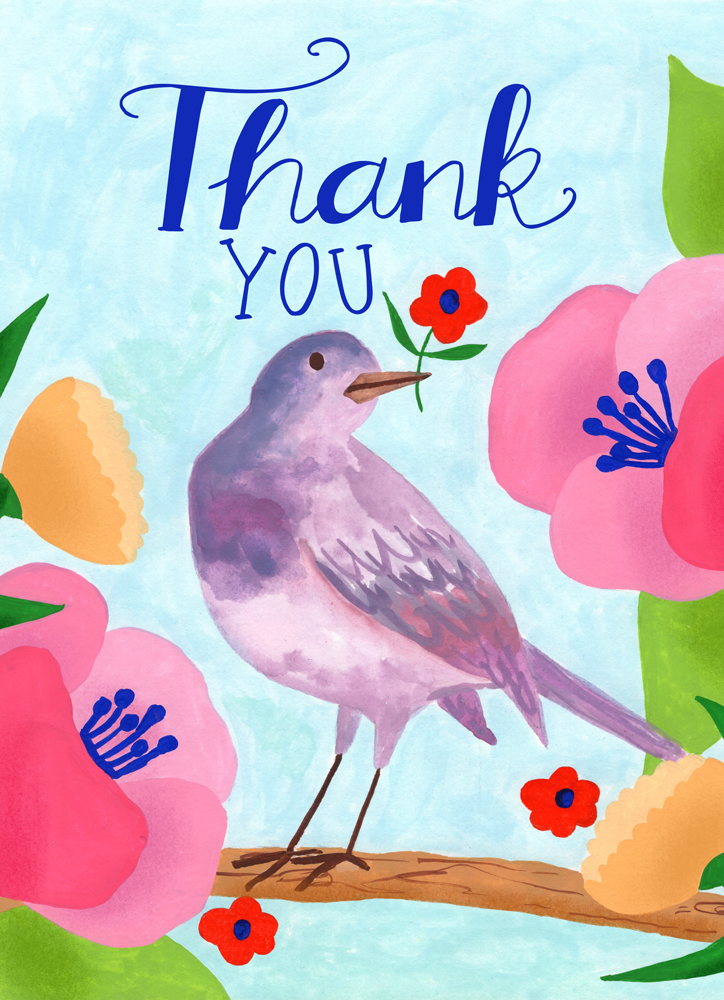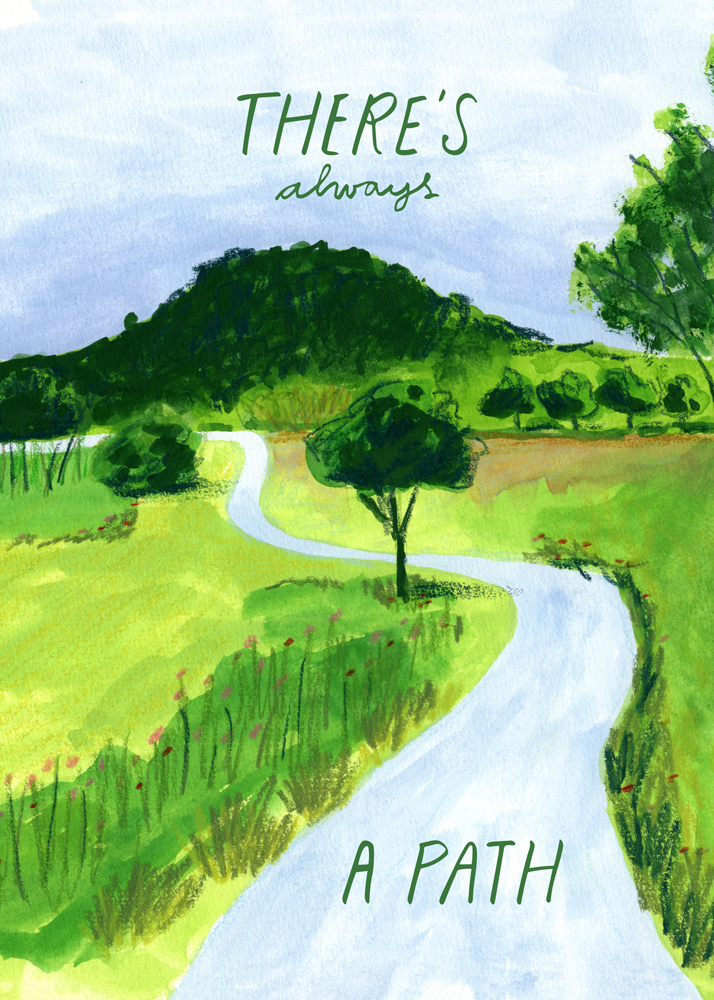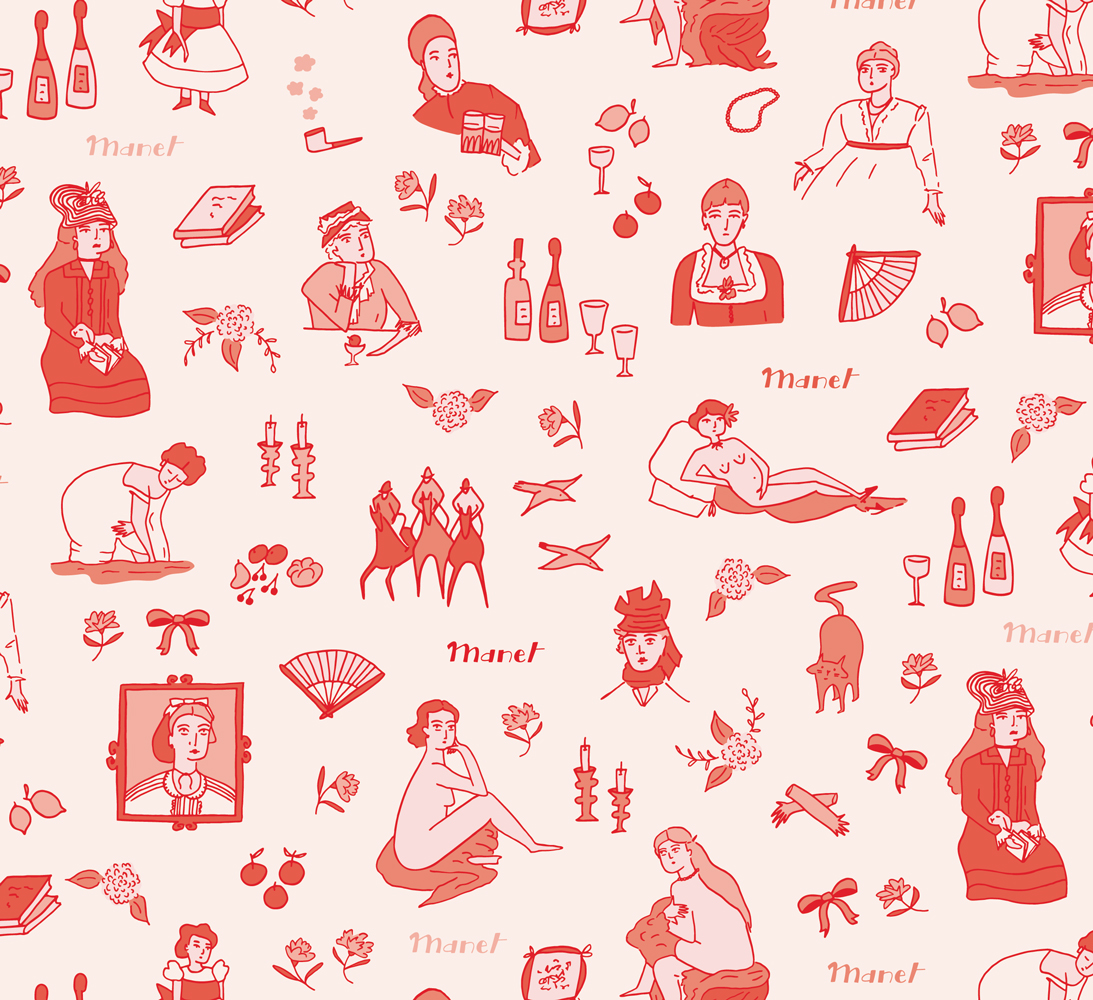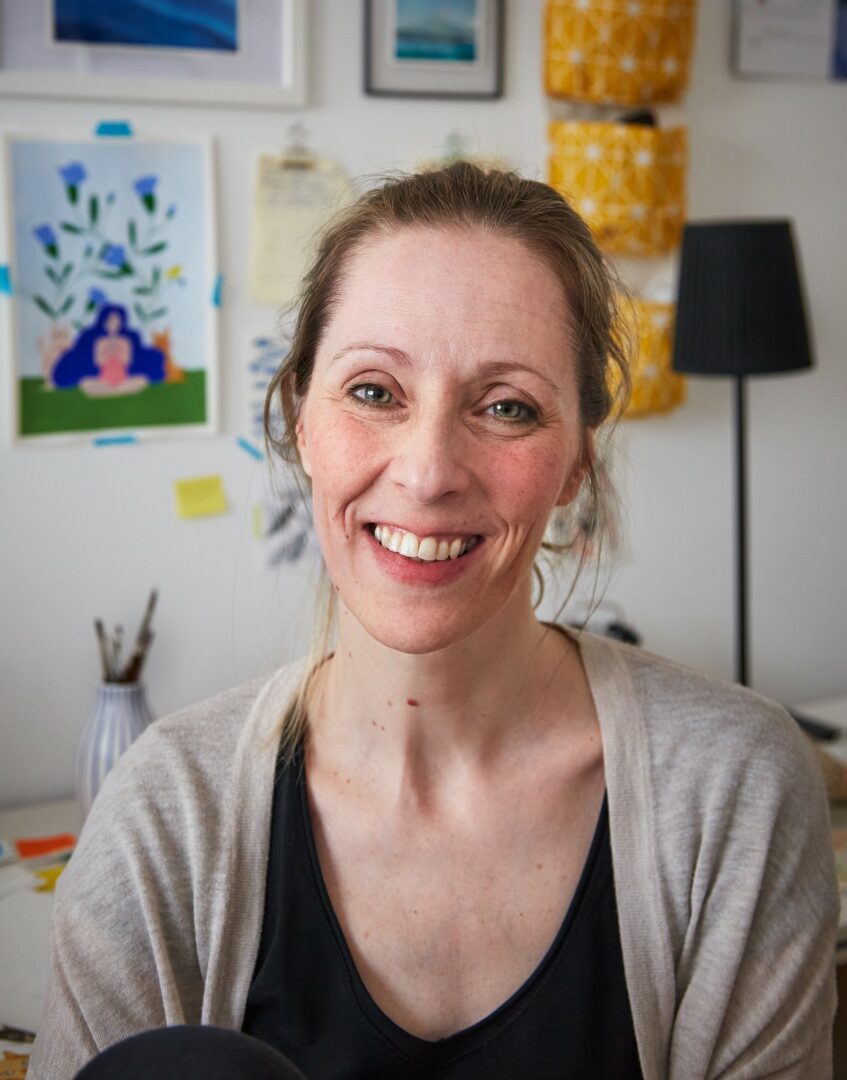We were lucky to catch up with Aidi Riera recently and have shared our conversation below.
Hi Aidi, thank you so much for opening up with us about some important, but sometimes personal topics. One that really matters to us is overcoming Imposter Syndrome because we’ve seen how so many people are held back in life because of this and so we’d really appreciate hearing about how you overcame Imposter Syndrome.
I have often dealt with imposter syndrome in my life. I don’t live in this state all the time, although it never goes away completely, there are times when it feels more present. There are moments when it seems to scream, “You are a fraud, and one day everything will be revealed.” And you start to believe that you are a fraud. You belittle your achievements and minimize your victories. You attribute them to luck, a mistake, the benevolence of others—any excuse except your own abilities. It’s difficult to internalize your accomplishments, to truly savor them. They even leave a bitter taste, not bittersweet, just bitter.
In my personal experience, I have learned to deal with it. For better or worse, I know that imposter syndrome will accompany me throughout my life, and what I try to do is accept it and rationalize things instead of letting myself get swept away by the destructive whirlwind when it appears. Whether it’s because of my personality, my individual character that prevents me from asking for help when I need it (since I was raised not to bother or rely on anyone), or because of past experiences… I know that I live with it—with that negative little voice inside my head. That voice that sometimes even gets emboldened and beats me up with comments like “You’re good for nothing,” “What have you really accomplished in your life?” “You’ll never achieve anything…”
Well, you know what? Thanks to some very wise advice I received a while ago, I’ve managed to control it quite a bit. They suggested that I identify who that voice belongs to. It’s usually a parent, a sibling, a teacher, or someone we admired (probably when we were young), and some comment of theirs hurt us. Just the act of identifying the person really helps, believe me. Knowing that it’s not you speaking to yourself like that, but rather you’re repeating things that were said to you, makes the problem a little lighter. Once you realize this, make that voice (that person) speak to you in another language—one that isn’t their native tongue. If you don’t know another language, have it speak to you while singing in a musical style you dislike. Suddenly, that voice loses all credibility. It sounds ridiculous, and you no longer pay attention to it because it seems like nothing but nonsense. It loses its strength.
I must admit that it’s not easy. There is some inner work to be done and demons from the past to face, but identifying the root of the problem is part of the resolution. I sincerely hope that sharing my experience helps you cope.

Let’s take a small detour – maybe you can share a bit about yourself before we dive back into some of the other questions we had for you?
I’m an illustrator and surface designer based in Barcelona, Spain. I’m a mixed-media artist, and I love to work with gouache, watercolor, colored pencils, crayons, markers—whatever comes to hand—as well as digitally.
My creative journey started a few years ago after selling my board game company. At that time, I was lucky enough to have free time for the first time in years. After being a workaholic, I found it so difficult not to work and be productive. That’s when I started painting rocks as a hobby, just for fun. One thing led to another, and I began drawing and painting. It was a slow learning process, but it was fun because there was no pressure attached to it. There was no need to generate income from it; it was just me and my brushes. Then I realized that this was what I wanted to do for a living—that I could turn my hobby into my job and become a full-time artist. I studied a lot to develop my skills and learn new programs to be able to work in this industry. Pitching to clients was the hardest part. Putting yourself and your work out into the world is scary, but I did it, and I don’t regret it. I’m happy with what I’m doing.

Looking back, what do you think were the three qualities, skills, or areas of knowledge that were most impactful in your journey? What advice do you have for folks who are early in their journey in terms of how they can best develop or improve on these?
In the early stages of my creative journey, what gave me strength was the desire to live my dream. I allowed myself to dream and imagine what my life could be like if I achieved it, and that gave me the courage to fight for it. Being excited about something and visualizing it is a very powerful feeling. I also knew that I would have to prepare myself and learn new techniques and programs to develop the necessary skills. And last but not least, practice, practice, and practice a lot. I didn’t set out to create masterpieces, but to create—create without limitations, freely, and enjoying the moment.

All the wisdom you’ve shared today is sincerely appreciated. Before we go, can you tell us about the main challenge you are currently facing?
The number one obstacle I face in life is me. Me, myself, and I. My inner saboteur. I try to minimize its voice when it appears and work on developing the skills to say, “Please, shut up!” What helped me a lot was learning about the Stoics, those ancient philosophers and their way of seeing life. Two short books made me take the blindfold off my eyes: On the Shortness of Life by Seneca and Meditations by Marcus Aurelius. Because life is too short not to try to be happy, to make an effort to live in peace and grace.
Contact Info:
- Website: https://aidiriera.com/
- Instagram: https://www.instagram.com/aidiriera/
- Linkedin: https://www.linkedin.com/in/aidi-riera-139966232/
- Other: Redbubble shop: https://www.redbubble.com/people/idriera/shop?asc=u




so if you or someone you know deserves recognition please let us know here.




